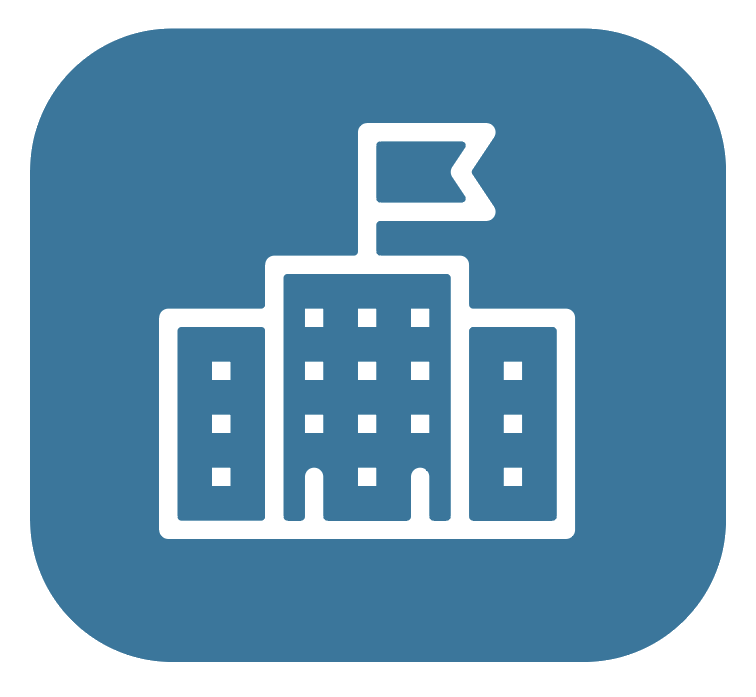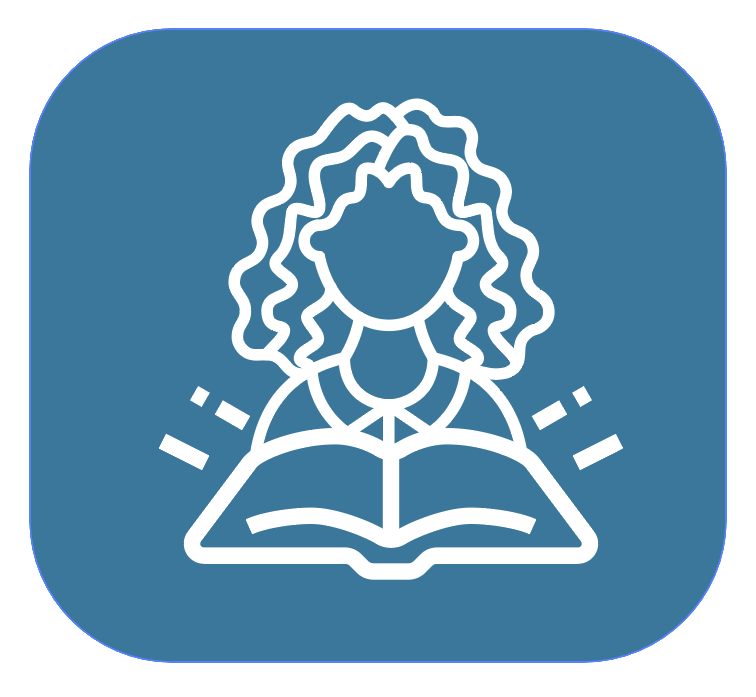ARP
AMERICAN RESCUE PLAN
(ARPA) FEDERAL FUNDING
Budget Survey
Investment Strategy
In Spring 2021, President Biden signed the American Rescue Plan Act (ARPA), which allocated federal funds for school districts to use to address impacts of the COVID-19 pandemic. The School District of Philadelphia was awarded $1.1 billion in ARPA Federal Funding. These funds are meant to be used for:
 Safely reopening and sustaining in-person learning
Safely reopening and sustaining in-person learning
 Addressing students’ social, emotional, mental health, and academic needs resulting from the pandemic
Addressing students’ social, emotional, mental health, and academic needs resulting from the pandemic
 Maintaining operations and delivery of services
Maintaining operations and delivery of services
Guiding Principles
SDP is following federal guidance and best practices research to inform its investment of ARPA funds to respond to the impact of COVID-19 and emerge stronger from the pandemic. Best practices emphasize six focus areas: health and safety, continuous high-quality instruction, educational equity, data-driven decision making, flexibility, and accurate and timely communication. These guiding principles are fundamental to ensuring that restarting in-person learning is safe, includes family and staff input in the process, and prioritizes student achievement, high-quality instruction, and the health and well-being of all.
In addition to meeting federal requirements, SDP’s investments are aligned with the Board of Education’s Goals and Guardrails, from fostering safe, welcoming, and healthy school environments to ensuring equitable access to engaging learning opportunities. The allocations of ARPA funds will support the District’s efforts to meet these Goals and Guardrails set forth by the Board to improve outcomes for every student.
Community Engagement
In line with best practices, the District reached out to community members for input through surveys and focus groups in April 2021 to further inform spending of the ARPA federal funds. The findings are aligned with the District’s priorities reflected by the Goals and Guardrails.
The focus groups were conducted in multiple languages to ensure that family, staff, student, and other stakeholder voices were heard. The results were very similar to the survey. There was added focus on supports for English Language Learners (ELLs) and equitably distributing funds.
The strategy for investing this money is not a “one and done” approach. It is based on a continuous feedback loop that adapts and improves over the years. Change can come from new educational needs, new funding opportunities, new public feedback, and new information on what is going well and what could be working better.
Community Engagement: Click here to learn more about the survey.
Focus Areas for Spending
Our investment strategy reflects four key areas of focus:
$350M
$325M
$150M
Additional funding
During school year 2021-22, SDP is making the following investments to advance improvements in the identified focus areas:
FOCUS AREA ONE:
Support Education Recovery and Accelerate Learning through:
-
Additional positions for schools based on principal discretion
- Retention and recruitment bonuses for staff
- Before and after school programming
- Eliminate ‘leveling down’ or movement of teachers based on reduced actual enrollment for all schools
- Enhanced summer learning programs
- Additional supports for special education students
- Adaptive learning interventions
- Universal screener assessments
- Supports for COVID response, including vaccine clinics and contract tracing
It is critical to support students as they transition back to in-person learning. Additional school-based staff ensure that students return to safe and welcoming environments.
“The addition of an Assistant Principal allowed the school leadership team to ensure that we had systems and programs in place to support all of our students as they returned to our in-person learning. This has been especially impactful in the work we do at CAPA with Relationships First and our commitment to our Diversity, Equity and Inclusion (DEI) work.” – Joanne Beaver, Principal, The Philadelphia High School for Creative and Performing Arts (CAPA)
FOCUS AREA TWO:
Dramatically Expand Facilities Improvements to Provide Safe, Healthy, and Modernized Schools.
-
Replacement of school buildings with 21st century learning environments
- Personal Protective Equipment (PPE), air purifiers, and barriers to support student health related to COVID-19
- Supplemental cleaning support
- Maintenance and environmental projects to improve school buildings
Planned replacements of Cassidy, Holme, and AMY at James Martin schools with 21st century learning environments that provide safe, welcoming learning spaces for students through a contract with the Philadelphia Authority for Industrial Development (PAID).
FOCUS AREA THREE:
Support the Significant Social and Emotional Needs of Our Students through:
-
Initiatives for schools in communities most impacted by gun violence
- Increased counselor support
- Climate support services, including peer mentoring, healing together, and social work support
Students are impacted daily by gun violence in many communities in Philadelphia. Social-emotional services are critical to support students experiencing this trauma.
“Relationship First coaches are the foundation that allow students and teachers to build authentic relationships, participate in community-building activities, and discuss issues that are important to them. The focus is on the strengths of the student, barriers that are preventing success, and commitments to hold each other accountable.” – Anthony Guidice, Assistant Principal, Franklin Learning Center
FOCUS AREA FOUR:
More Supports in Schools to Help All Learners and Educators Success Going Forward through:
-
Culturally relevant curriculum and supporting textbooks
- Information technology, including new equipment and technical support
Students deserve a curriculum that is high quality, standards-aligned, and culturally and linguistically inclusive. New K-8 math and literacy frameworks support teachers in providing engaging, grade-level instruction to all students.
“The new curriculum reflects my students’ culture and identity, makes learning and teaching consistent, and provides measurable targets. It also is fun and my students love the themes.” – Jennifer Fagan, Kindergarten Teacher, Richmond Elementary School
Resources
Application for Federal Funds
- SDP ARPA Allocation
- ARP ESSER 7% Set-Aside Consolidated Grant
- ARP ESSER 2.5% Set-Aside Consolidated Grant

